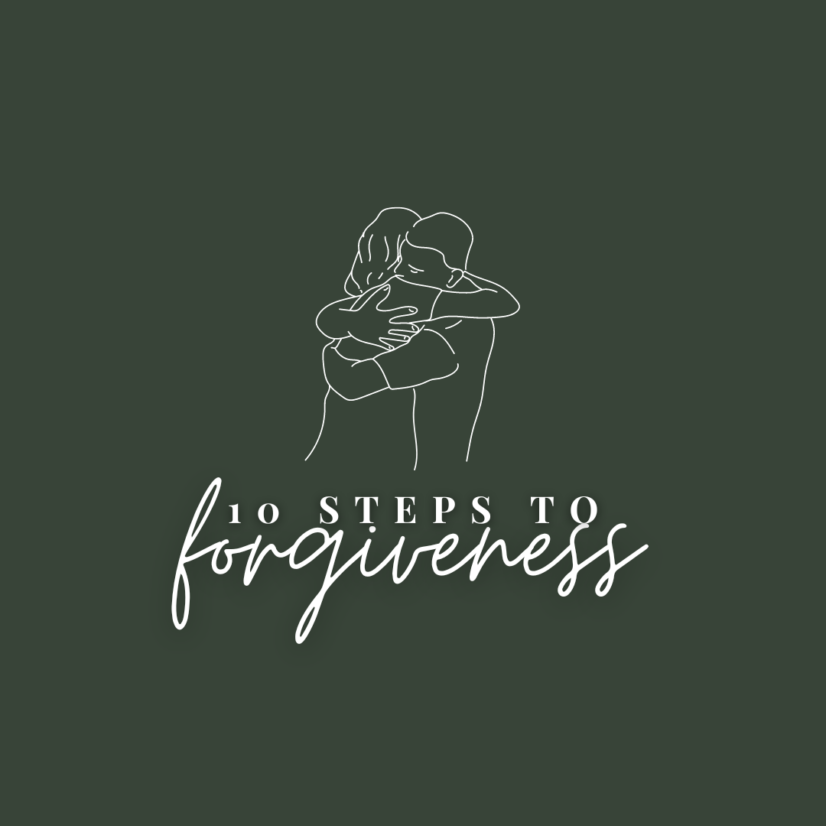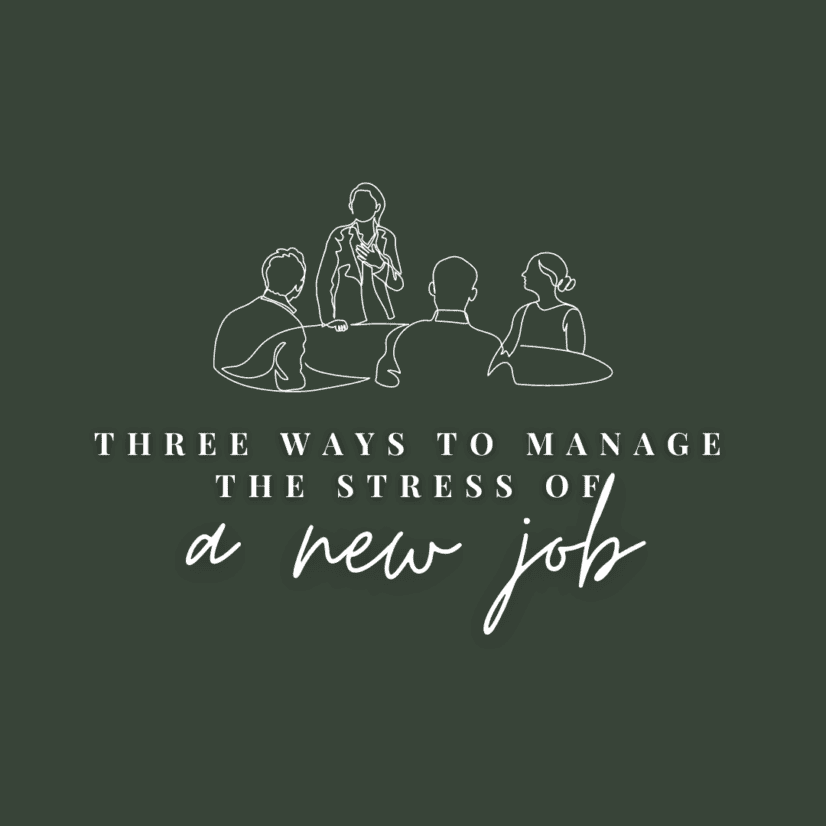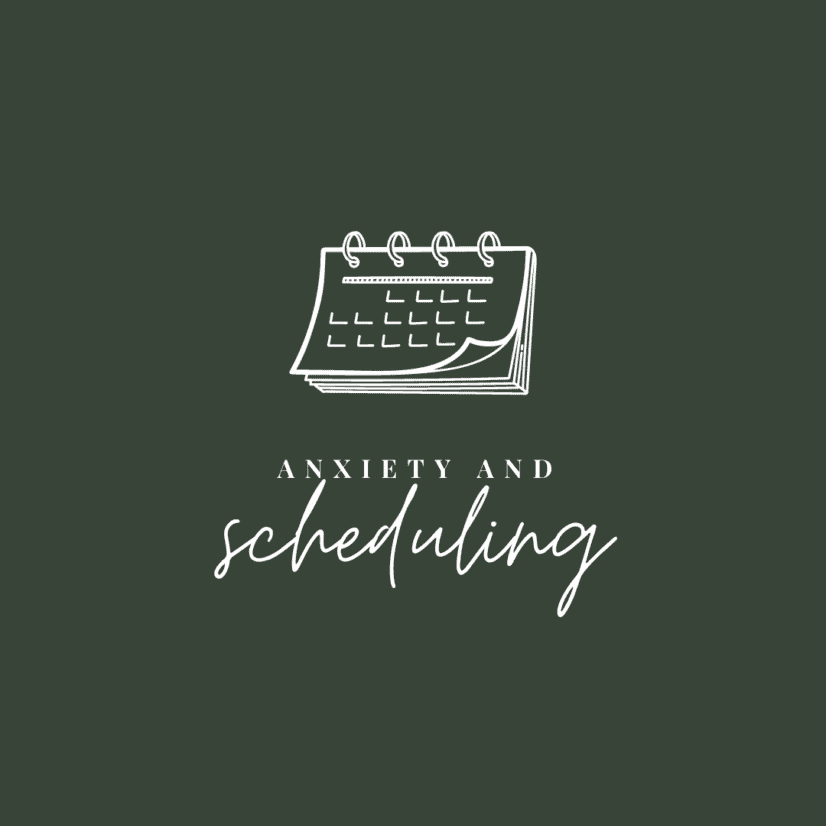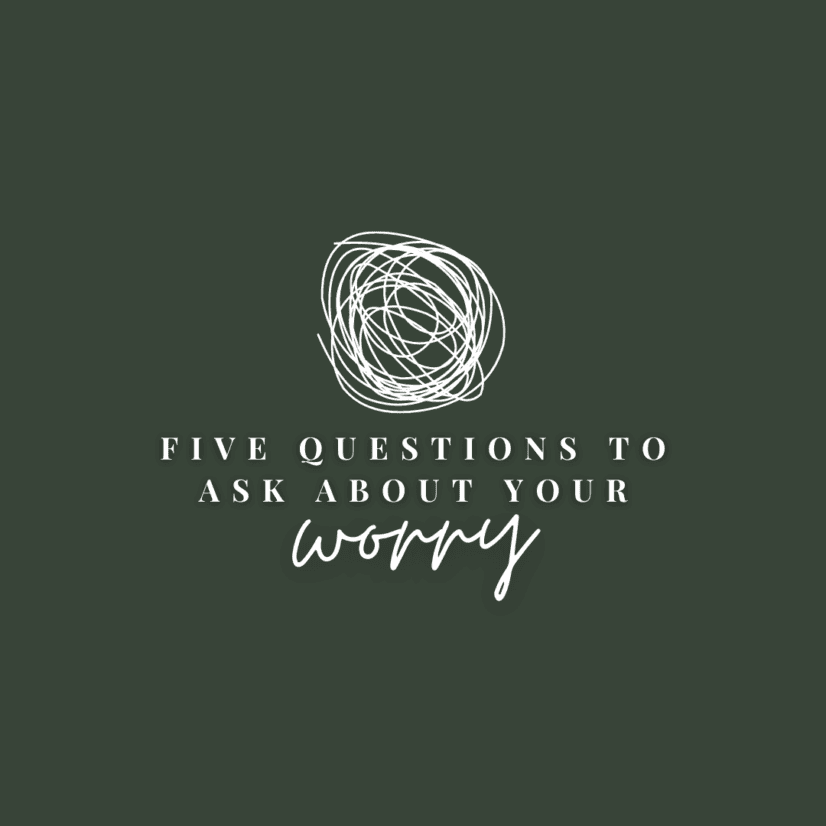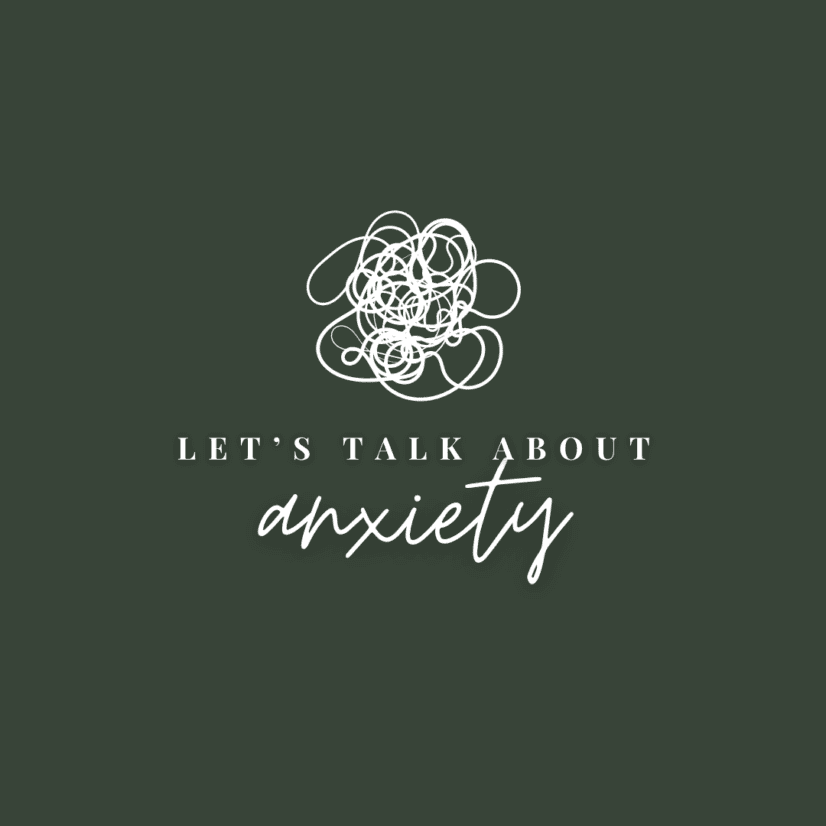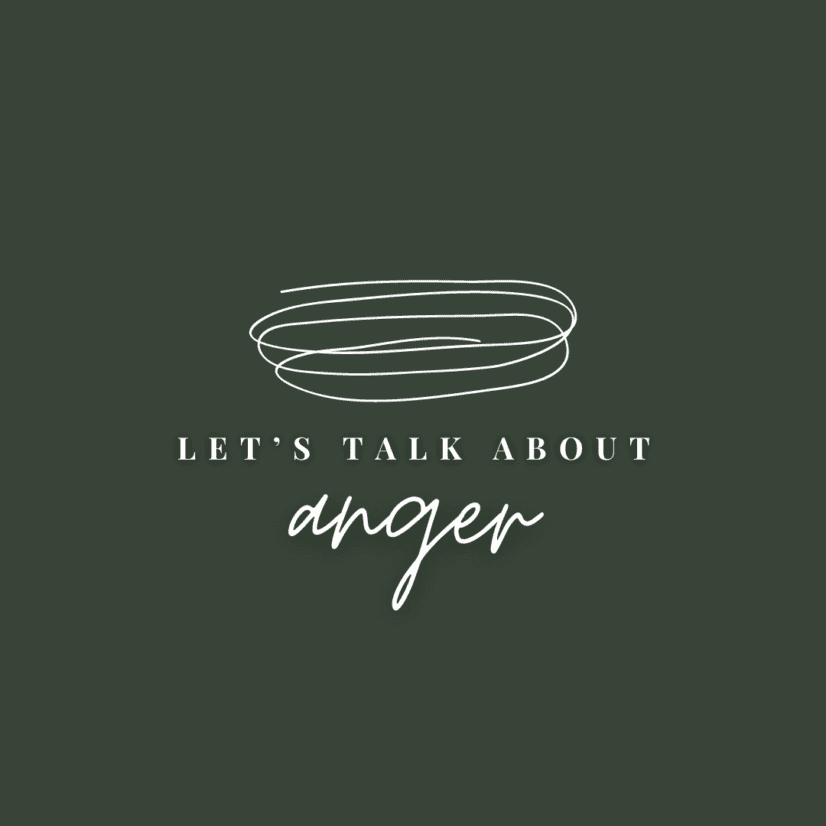Is there someone or something in your life that needs to be forgive? Forgiveness can take a while, and is often a process rather than an event. Here are ten steps to forgiveness.
Work Stress
According to a survey of 2,000 workers by one of the nation’s top EAP providers, 60% of employees reported that they experienced high levels of stress. Another 32% said they experienced “constant, but manageable levels”. In other words, over 90% of employees deal with many levels of stress at work. … Read More
Three Ways to Manage the Stress of a New Job
Being the new kid on the block at a job can be cause for excitement and stress. Here are 3 simple ways you can start to manage the stress of starting a new job.
When Anger Masks Anxiety
When anger masks underlying anxiety, attacking anxiety can accelerate success. Skill building gives us the ability to interrupt escalating anxiety.
Anxiety and Scheduling
One of the most common sources of anxiety is unpredictability or just not knowing what to do next. Having a schedule can help alleviate anxiety. It can be an incredible relief to incorporate some predictability into your life. Scheduling might feel overwhelming or restrictive for some people, like forcing yourself … Read More
Five Questions to Ask About Your Worry
Anxiety is a prolonged form of stress that can be really detrimental when left untreated over time. Therapy has been shown to be extremely effective at treating anxiety and the accompanying symptoms. Reach out to a therapist to talk about how therapy could help your anxiety!
Let’s Talk About Anxiety
Anxiety issues come in several forms and can truly affect one’s life. Anxiety is highly treatable through psychotherapy that includes behavior and thought changes, medication, or both. Some of the anxiety disorders include Generalized Anxiety Disorder (GAD), Obsessive-Compulsive Disorder (OCD), Panic Disorder, Post-Traumatic Stress Disorder (PTSD), Social Phobias (Social Anxiety Disorder), and there are more.
Let’s Talk about Anger
Anger is one of the many emotions that naturally occur within us. Anger in and of itself is not a bad emotion; however, the way we express it may not be healthy or productive.
Learning to Relax
Teaching yourself to relax amidst the various stressors in life is a skill worth investing both the time and energy. We might think we are relaxing when we are actually holding onto tension.
Three Ways to Challenge Your Aggressive Behaviors
Aggressive behavior is a style of expressing one’s feelings and needs in a way that violates the rights of others. This pattern of behavior will often generate fear in others and alienate them from the aggressor. An individual with a pattern of aggressive behavior will blame others instead of taking accountability for their actions.

